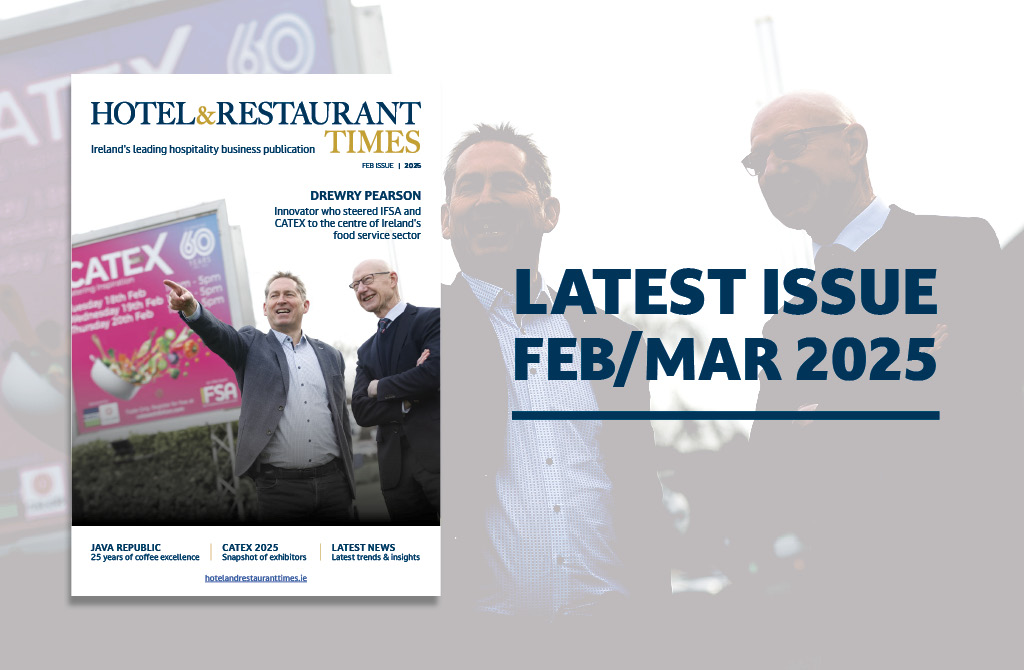
Crisis, What Crisis?
Recent and disturbing restaurant closures have brought to light the probable latent impact of the Covid pandemic. During Covid, the government gave assistance to hospitality and other sectors in an attempt to ensure businesses were kept open and jobs maintained.
Liabilities such as tax and VAT were warehoused – set aside – in the hope they would be discharged when the economy improved and became sustainable again. In theory, this was a great idea and welcomed by all who benefited from it. When the pandemic restrictions were relaxed, businesses began to flourish and regain an economic foothold. Pent up demand had to be sated and people began to return to restaurants, hotels, pubs, and other elements of entertainment in respectable and encouraging numbers.
All looked good on the books of the exchequer and the economy appeared exceedingly buoyant. The feel-good factor was evident everywhere, and the economic future was viewed as positive. But unfortunately, like most things in life, the government began seeking a settlement of the Covid warehouse debt. Then the cracks began to show. However, it seemed that it was possible to navigate this debt.
But, from nowhere, came the Ukrainian crisis. The world stumbled to understand the true effect of the Russian aggression on the economies of those immediately impacted by this war. Initially, he first economic causalities were in Europe (as so much of the region’s energy supplies were dependant on the Russian supply line for gas and oil). Energy prices began to rise and the inevitable result was that hotels and restaurants saw their energy costs spiral of control.
Bills doubled, tripled, and ran amok. This resulted in a major pressure point for numerous establishments trying to navigate the warehoused debt issue. Blockades on Ukrainian ports further exasperated things, as so much of the European food supplies came from there. The housing of refugees in hotels, whilst understandable and humane, caused a major accommodation supply issue.
Then VAT was increased from 9% to 13.5%. The result was a perfect storm for the hospitality industry. The combined effect of the energy, food supply, refugees and then VAT was the final nail in the sector’s coffin. We are now seeing the effect of this combination of scenarios.
Unfortunately, the news emanating from restaurants in particular is worrying. Some of the country’s longest established and beloved properties have closed – and the impact is devastating. But whilst the government has alluded to potential assistance nothing concrete has been proposed or put in place.
To most observers this isn’t a big deal, sure restaurants regularly close only to reopen under new management or change their culinary offering. But when you see long established restaurants that have traded for decades suddenly close their doors, this is not evidence of cyclical turnaround. It is much deeper rooted. When you combine the number of jobs lost, it equates to the same impact of a number of factories closing around the country.
Imagine the outcry from sitting TDs, councillors, senators, etc., if that were to occur. There would be demands for state intervention and supports to assist the factories and people impacted. Questions would be asked of the incumbent minister and how this was allowed happen during their watch.
Add to this the potential capping of flights into Dublin Airport and you might despair. Sadly, and all too regularly, hospitality is overlooked, undervalued and ignored by most in government. It is not considered a real employer and not truly seen as a major contributor to the exchequer. The reality is over 250,000 people are employed directly, and the trickle-down effect adds substantial so many local economies. It is time for hospitality to be treated for what it is – a major and key contributor to the Irish economy – and thus it should be supported accordingly.
Cyril McAree, Editor
Read the January/February 2024 edition of our magazine here!












